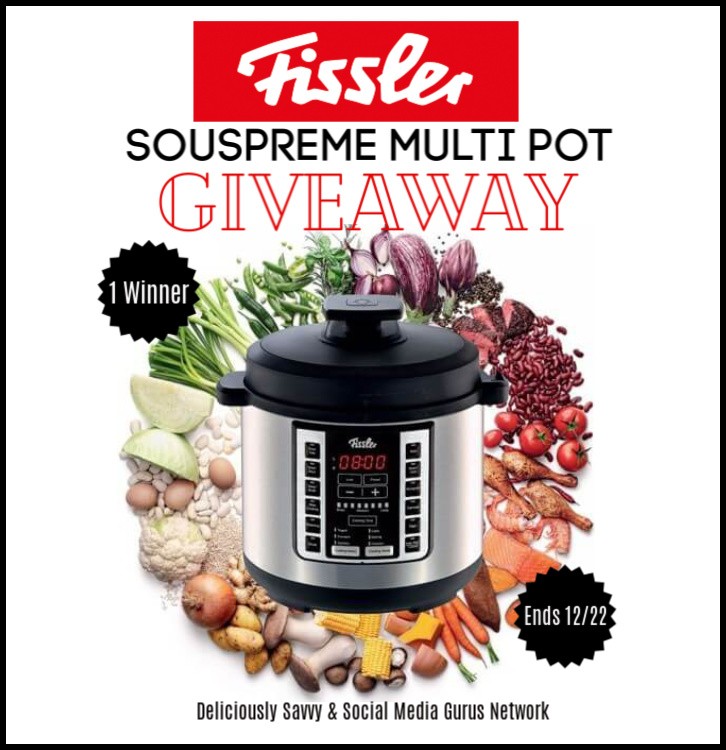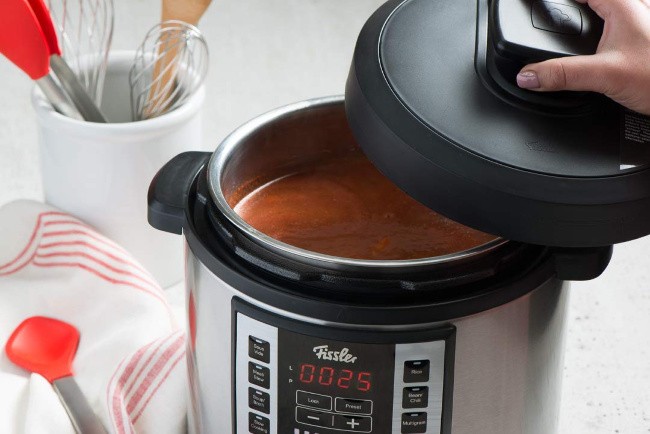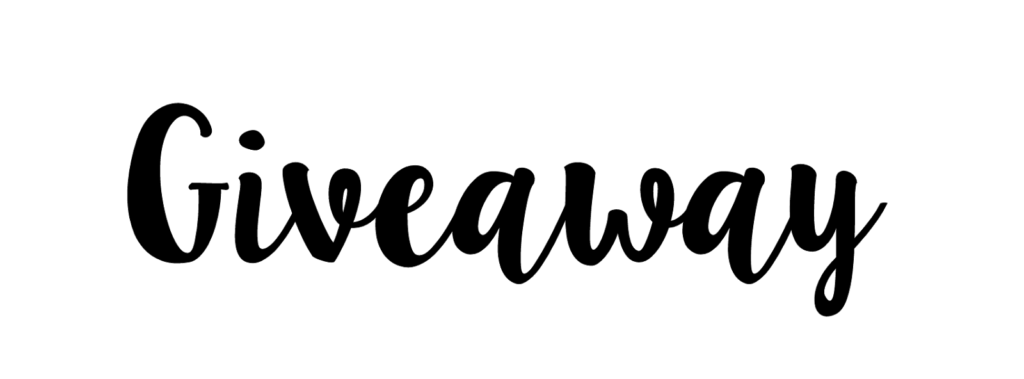I want to welcome to my blog, Author Ron DeFore talking today about his book, "Growing Up in Disneyland". This post is written and reviewed by another blogger. ~Michelle
The Interview:
· Your book, Growing Up in Disneyland, is actually two books in one. The first half is a biography of your father, Don DeFore, and the second half is your own memoir. Why did you decide to structure the book in this manner?
·
One of the most common, positive comments the book has received on Amazon, Reader’s Favorite and elsewhere is readers like the blending of the life of a well-known, and well-liked actor and his son’s perspective growing up with all the glamour and attention that comes with it. The telling of both lives bring back memories of a wonderful era in America when things seemed simpler and more wholesome.
After twenty years of giving presentations to various Disney enthusiast groups, my brother and I have added more about our own fantastic experiences after which audiences would say, “You should write a book.” So, I have, both about my celebrity Dad, and me. One more element that makes the book unusual and that readers enjoy is that most of the first half of the book is in my Dad’s own words. For more than thirty years, transferred from all my computers, I have had his unpublished memoirs, Hollywood – DeFore ‘n’ After, that is now in print for fans to enjoy and is the greatest tribute I could possibly bestow upon him.
· So let’s start by talking about your dad. Most people remember him as I do, for his role as the star on the popular 60s TV series Hazel, but, before that, he had quite a career in movies in the 1940s and 50s. Tell us something about his experiences.
Those that remember Don DeFore and what they remember about him varies with age. Over the years, and after conducting many book signings, I’ve learned that those who remember him are not just baby boomers. I’ve met teenagers that remember and like my Dad’s performances on Hazel because they’re watching re-runs carried on various cable channels or on DVDs. Likewise, with his feature film roles. People that are older than sixty also often remember his weekly iconic role in The Adventures of Ozzie and Harriet as the Nelson’s next-door-neighbor, “Thorny.”
Prior to television however, Don DeFore had already become a household name because of the more than thirty-five feature films he made, co-starring in more than a dozen with some of Hollywood’s biggest stars – John Wayne, Ronald Reagan, Betty Hutton, Bob Hope, Lucille Ball, Mickey Rooney, Spencer Tracy, Groucho Marx, Veronica Lake, Joel McCrea, Rock Hudson, Claudette Colbert, William Bendix, Gale Storm. He received co-star billing in the movie debuts of Doris Day, Charlton Heston, Lizabeth Scott, and Dean Martin and Jerry Lewis.
· If you could select one of your dad’s films to recommend for people to watch, which one would it be and why?
It’s not easy to select the “best” film my Dad made as evidenced by years of debate on the Don DeFore Fan Club Facebook group I created. There is one—a family favorite—I would recommend particularly if one were not familiar with Dad’s acting career: It Happened on Fifth Avenue. The film stars my Dad, Ann Harding, Charles Ruggles, Victor Moore, and Gale Storm. It was made in 1947 and received an Oscar Nomination for Best Original Story. It is often played on Turner Classic Movie channel especially around the Holidays and is similar in sentimental value to Miracle on 34th Street and It’s a Wonderful Life.” In fact, the famous director of the later, Frank Capra, was originally slotted to direct It Happened on Fifth Avenue. It’s possible if he had, this film might have become as well-known.
· Much of your dad’s movie career took place before you were born, but you were around during the making of Hazel. What was your opinion of the show back then and how has it changed over the years?
I write about growing up in Brentwood (west Los Angeles) among many celebrities whose kids attended my schools and some were playmates next-door. Because I thought this was just the way life was, I was never really impressed with it all. In middle school I was embarrassed that my Dad was on Hazel—to me and friends it was a nerdy show. It wasn’t as cool as, Bat Man, The Dick Van Dyke Show, or Gunsmoke for example. But later in life, as one might expect, I realized that it was, and still is, very popular with millions of viewers and personally I now pay more attention to the brilliant acting by both my Dad and Shirley Booth as Hazel.
· As the title of your book suggests, you spent quite a bit of time at Disneyland when you were a kid and, in fact, you even took part in the opening day parade. What were your favorite memories of the park?
The book’s title, Growing Up in Disneyland is both a metaphor for my life in a celebrity family but is also to be taken literal as my Dad was the only person to ever own a concession in Disneyland bearing the name of a living person, “Don DeFore’s Silver Banjo” barbecue restaurant in Frontierland from 1957 to 1962. Dad was friends with Walt Disney so even before being offered to have his own restaurant, our entire family was in Disneyland’s opening day parade July 17, 1955, the photo of which is on the cover of the book.
We had a second home next to the Park and were at Disneyland for weeks at a time during the summer and many weekends throughout the year. Many of my Disneyland enthusiast friends with annual passes can’t believe that we got bored being there. In fact, one of the chapters is titled, “Gee, Do We Have to Go to Disneyland, Again?” I did have fun, however, when I brought a friend. You talk about being able to show-off! This was showing off on steroids!
I don’t want to reveal to many of the shenanigans I’ve got in the book, but one of my favorites was being able to use all the employee entrances and hidden passageways or playing hide and seek on Tom Sawyer’s Island for hours at a time. Some of the mischief even occurred well after the restaurant closed and it’s because of this we’ve had to remove some of these stories when my brother and I give official Disney presentations as we’ve done at two D23 conventions.
· Another event you mention in the book that I’m sure must have been exciting was that you attended an exclusive party for the Beatles during their first American tour. What was that like?
In each successive Disney presentation, my brother, David, and I have added more of the exciting adventures the family enjoyed outside of Disneyland like getting to meet the Beatles at a private fundraiser in Brentwood during their first U.S. tour. It turns out that I’m the only person to have film of the VIP guests shaking hands with the “Fab Four.” Later in my professional career I met Led Zeppelin and was an on-stage photographer at their 1972 Los Angeles Forum concert. I was also Mike Love’s (of the Beach Boys) public relations guy at the Live Aid Concert in 1986. I did a show with Robin Williams and Donna Summer. We had Jonathan Winters over for dinner. These are but a few tidbits that have been part of my life worth writing about.
· You’ve had quite a varied career and you even title one of the sections in your book, “My Twenty Careers.” But acting wasn’t one of those 20 careers. Why didn’t you pursue an acting career?
In my chapter, “My Twenty Careers” I include selling lemonade in front of our house because it truly was the beginning of my business education. My parents made us kids work for money which I didn’t’ appreciate as a teen as friends would get whatever they wanted just by asking. Most are dead now, and many never left home. I knew the value of work and earning a living when I left home at the age of eighteen. I didn’t get a college degree, so my official career started sooner than most of my friends.
I was the Associate Director of the Steve Allen Show at the age of twenty-one and then Production Coordinator at Paramount Television when we were producing Happy Days, Little House on the Prairie, Mannix, Odd Couple, and other shows. I also held this title at Billy Jack Productions. My mid-life crisis came at age 26 but after becoming serious again I ultimately became an Appointee in the Reagan Presidential Administration and ultimately formed my own public relations firm in Washington, D.C. with two other partners.
I never had the desire, during my earlier career, to follow my Dad’s footsteps into acting. I was not as confident then and got extremely nervous speaking in front of people. Giving a book report in school would have me shaking before I even got to school. However, later in my career, to this day, I love public speaking. In my twenty years running my company I not only loved giving sales pitches or client presentations but I served as a spokesperson for several entities so I conducted literally hundreds of interviews many on-camera for network news. I had gained much more confidence in myself and the subject matter and came to feel like I was channeling my Dad’s DNA and acting ability. My line has been, “I never met a microphone or camera I didn’t like!” Now, I know I’d enjoy acting. To this day, as I’ve been doing media interviews and book signings and people say how much I look and sound like my Dad I say, “If you know any producers that want to do a remake of Hazel I want to try out for the part of “Mr. B!”
· One career you did pursue for a while was as a popular disc jockey on the Los Angeles nightclub scene in the 1970s who was dubbed “the flying DJ.” Tell us something about that experience.
My mid-life crisis came after Tom Laughlin, who played “Billy Jack,” literally blew me out of the film business with his brash temper and ego the size of Rhode Island. I stumbled into the mobile DJ business in the mid-1970s when very few people knew what it was. It was prior to disco music making it big so we were playing danceable rock and roll mostly at private parties, weddings, etc. When disco music started gaining popularity and the disco clubs started opening, I was in the perfect position with “Captain Disco” (the mobile company) to supply DJs and music for more than a dozen clubs in the Southern California area. I was in the top slot when contracts would come in, one of which was to become “The Flying DJ” of Dillon’s Discotheque in downtown Los Angeles. I was attached to a monorail on a thirty-foot ceiling and “flew” above the crowd. I have a hilarious story about the next gig that came up to open the largest entertainment center in Australia…and what happened when “The Flying DJ” landed there!
· You’ve known many celebrities over the years. Other than your father, who made the greatest impression on you?
Of all the celebrities I knew growing up, without a doubt, the one that had the greatest impression on me was our next-door-neighbor, Anthony Caruso. Tony was a great character actor who was not so well-known by name but one look at his face and most would immediately recognize him. He was in more than two hundred films and TV shows—many more than my Dad. Tony was my brother’s Godfather and father to my best friend, his adopted son, Tonio. He was like my second Dad who taught me a number of life’s lessons including some salty words my Dad chose not to use!
· In closing, Growing Up in Disneyland is your first book, and I’m sure that the research and writing brought back a lot of memories. How has this experience affected you?
Writing this book has brought more to my life than I could ever imagine. I’ve learned more about my Dad than I had ever known. One of my sisters recently commented that she’s learning something new on almost every page. As kids, we just didn’t pay attention because it was just a part of life. We didn’t know how “heavy” everything we were experiencing was to the rest of the world. Yes, we met the Beatles, and it was “cool” when it happened, but my gosh, over the years, just that incredible brush with history has grown so much larger than life.
It took nearly two years researching, writing, and editing the book with a lot of help from my brother David. It came with many instances of tearing up and literally sobbing the day I held the final print copy in my hands. The main impetus for writing it was to honor my Dad. I did a live TV interview on KTLA-TV in Los Angeles recently which was awesome enough because that’s where I started my career and Stage Six in which their news is produced is the same stage we produced the Steve Allen Show. If that were not enough emotion, when one of the anchors asked me at the end if writing the book was therapeutic, I hesitated. I literally was lost for words and almost broke up. I just said, “Don’t get me started.”
























